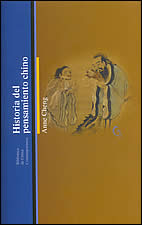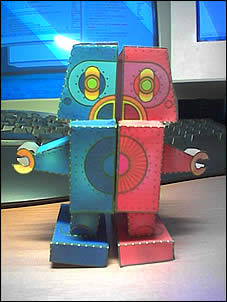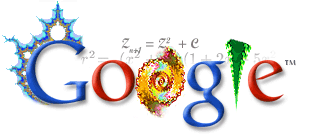Interesante reflexión sobre la ignorancia y el conocimiento, especialmente, sobre cómo nos aproximamos a algo de lo que no sabemos nada. Algunas personas, se limitan simplemente a decir lo primero que se les viene a la cabeza y plantear sus dudas. Otras, intentan cubrir sus lagunas y pasan días reflexionando para asegurarse de decir lo correcto. Son dos aproximaciones extremas dentro de un continuo.
Porque en ocasiones es perfectamente racional mantenerse en la ignorancia, si el coste de adquirir conocimientos supera al beneficio que vas a obtener con dicho conocimientos. Las dos aproximaciones anteriores, por tanto, podrían describirse como minimización del coste y maximización del beneficio.
My frustration with most writing on the internet is based on the fact that I have a different calculation of rational ignorance than the people I read. My personal cost/benefit calculation for knowledge is usually heavily skewed in favor of benefit maximization, meaning that I firmly believe that an informed, rigorous, analytical treatment of a topic based on focused and thorough research yields knowledge that is valuable far beyond what it costs in terms of effort. Not everyone calculates this formula the same way. In fact, lots and lots of people calculate cost/benefit based on cost minimization, meaning that it is better to post something that doesn?t require much thought or rigor, as long as some small benefit can be achieved by doing so. In investment terms, benefit maximization is when you tie up a lot of money in a long-term investment that pays off big, while cost minimization is the repeated investment in short-term instruments that make you a little bit of money each time. Both can add up to big money in the end.
El problema del autor en cuestión es que su vida académica le empuja hacia un extremo del continuo:
The concept of rational ignorance in this way helps to clarify that there is a continuum of activity on the cost/benefit dimension with regard to knowledge, explaining the different ways in which people calculate the value of thought and information. It also helps to clarify why some people are willing to throw out some questions and preliminary notes on a daily basis, while others cringe at superficial treatment of ideas and only post after days of deliberation. I?d like to think that I?m somewhere in the middle, but it seems that academic life is pushing me strongly toward benefit maximization and I?m not sure I?m willing to resist. In the meantime, I?ll try not to yell at the television.
(vía Joi Ito)
—–

 Leímos sobre este libro en Babelia (para que luego digan que el suplemento cultura de El País no sirve para nada, si hasta de vez en cuando habla de cosas interesantes) y nos llamó de inmediato la atención. En casa estamos últimamente muy interesados en las culturas orientales, especialmente en las filosofías. Por tanto, era natural que acabase cayendo.
Leímos sobre este libro en Babelia (para que luego digan que el suplemento cultura de El País no sirve para nada, si hasta de vez en cuando habla de cosas interesantes) y nos llamó de inmediato la atención. En casa estamos últimamente muy interesados en las culturas orientales, especialmente en las filosofías. Por tanto, era natural que acabase cayendo.

